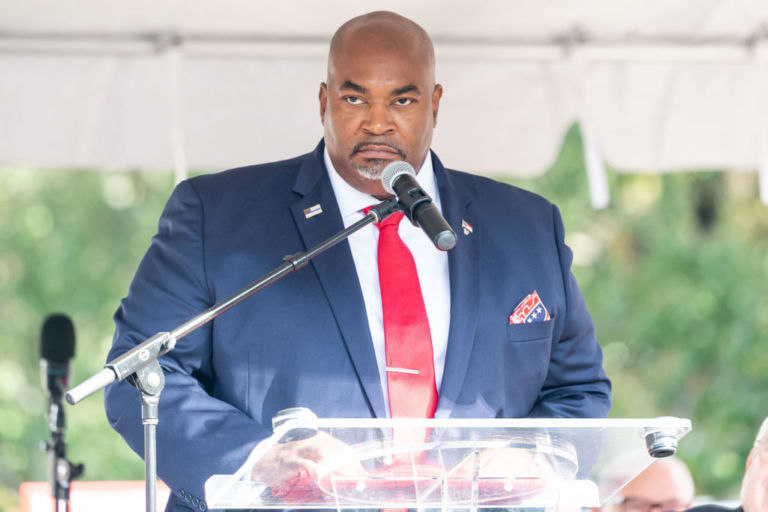Anthony Hennen writes for the Martin Center about the role of religion on college campuses.
Across higher education, campuses have changed how they deal with religion. It used to be seen as something at odds with academic freedom and science. Now, however, some campus administrators and advocates want students to learn more about religion, and to see policy changes on the institutional level.
One argument is for colleges to teach religious literacy because it’s a vital career skill. Another sees religion as an equity issue like race and gender, and colleges need to make religious accommodations for students to create an inclusive campus. The influence of both arguments isn’t likely to go away soon, either.
One camp has an eye toward student earnings. Religious literacy pays off in the marketplace, advocates argue, because students will work with all sorts of people. Graduates will be better coworkers and managers when they know something about different Christians, Jews, Muslims, and atheists. And employers will pay better wages.
Whether students develop those career skills through religious literacy activities, though, isn’t so clear.
The other camp is interested in religion at the institutional level, as part of diversity and inclusion on campus. Colleges, they say, have a duty to welcome religion on campus and make students comfortable. On one level, it means accommodations such as prayer spaces, excused class absences, and meal options that respect religious restrictions. Another level is social change to fight what they call Christian supremacy and systemic oppression.
The economic argument is pushed by the Interfaith Youth Core (IFYC), a nonprofit organization that works with religious and secular colleges, doing research, offering program grants, and running events and training for students and campus staff. It boasts on its website that it’s “building a network of over 100,000 aspiring interfaith leaders on more than 600 U.S. college and university campuses.”


